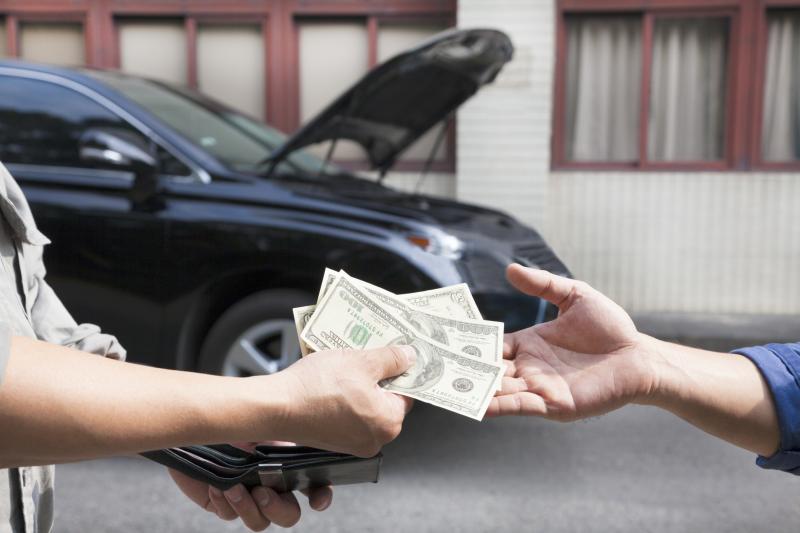
Open titles are created when a seller signs the title over to the party that has purchased the vehicle but the buyer information is left blank and ownership of the car is not transferred. Open titles are used in schemes referred to as title jumping or title skipping, both of which are illegal. Unknowing sellers and buyers that enter into transactions with this type of title may be subjected to a variety of risks, including liability for a vehicle that has already been sold and difficulties in transferring ownership after making a purchase.
Buying a vehicle and leaving the title open allows the new owner to sell the car without recording ownership with the state Department of Motor Vehicles or similar state agencies. This tactic allows the buyer to flip the car to a new owner while avoiding paying the sales tax on the purchase. “Curbstoners” also employ an open title strategy; these unlicensed dealers use open titles to stay under state restrictions for selling multiple cars in a single year. This allows sales of vehicles without applying for a dealer license while also avoiding sales taxes.
A person who buys a vehicle with an open title may be purchasing a problematic vehicle that has been sold numerous times with the title left open, which prevents the transfer of ownership. For example, a person who buys a car that has a lien holder on the title will not be able to transfer the title until the lien has been paid in full. This is common with mechanic’s liens, which are placed through the DMV. An original title will not display the lien, but it will be on record at the DMV, which will block the transfer of the title. This will leave the buyer with two choices: trying to track down the last seller listed on the title or paying the lien.
The biggest risk to the seller on record is liability. As long as the title is not transferred after the sale, which is the purpose of leaving the title open, the recorded seller may be held liable for anything that happens with the vehicle. A sure sign that a buyer has left the title open is when the seller starts receiving registration renewals, parking tickets or moving violations in the mail long after the car has been sold. State laws differ regarding the handling of these situations. In California, a seller can file a “notice of transfer and release” form to be released from the responsibility of paying the registration and tickets, but he will still be listed as the legal owner. In the event of an accident or civil suit, the court would decide whether the seller is exempt from liability or not.
Buyers can avoid the risks of open titles by asking to see the certificate and matching the seller’s identification to the name listed on the document. If there isn’t a match, buyers should look for another seller and another vehicle. Buyers can also check for title liens by using a private title search company. A seller can mitigate the risks of a title being left open by meeting the buyer at the DMV or a AAA office. Completing all the necessary paperwork at one of these venues can ensure that the title is transferred properly and the seller is released from all liability related to the vehicle.